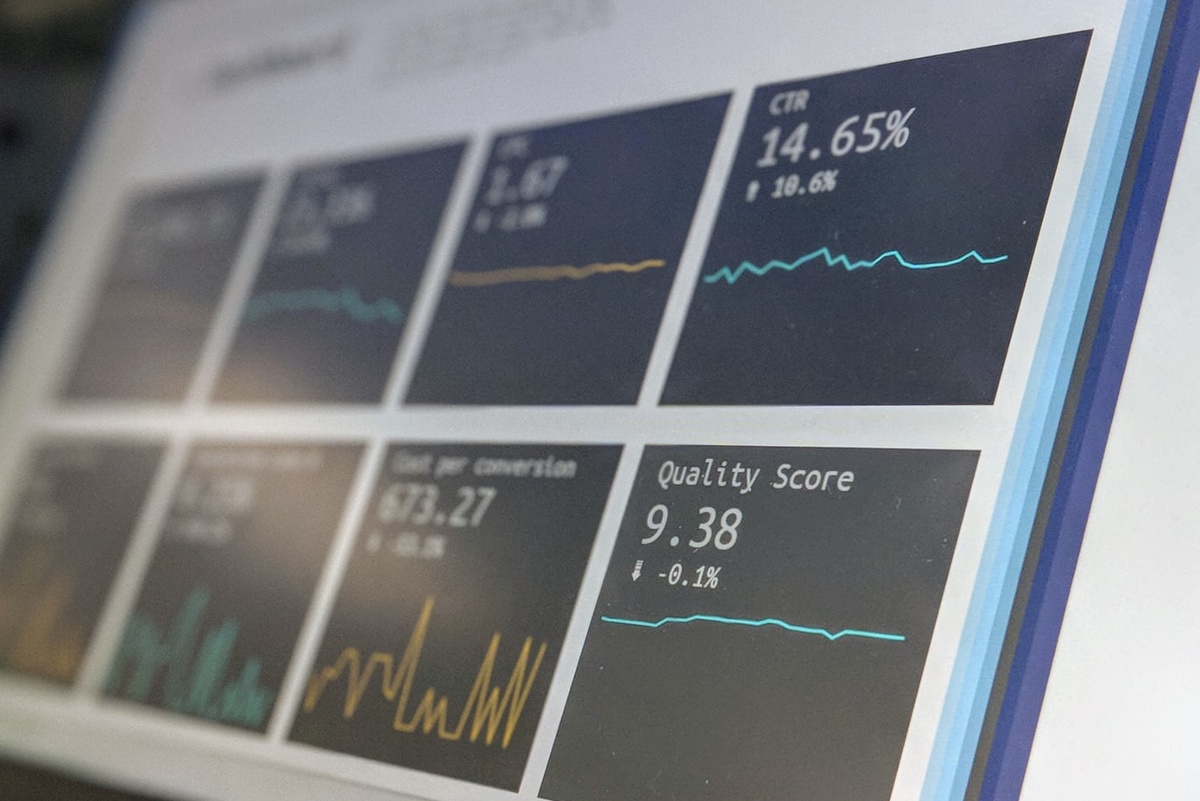
Financial Technology companies wish to adhere to all regulations and governing agencies, as it is not in their best interest to ignore compliance. However, what happens when there is not enough manpower or money to comply? Even if there is enough manpower, running compliance processes manually can be a tedious and time-consuming process that is ripe with opportunities for human error.
The challenges of compliance in the FinTech space can creep up on the most innovative tech companies—and security and privacy concerns are at an all-time high. To appropriately address the problem, compliance procedures need to evolve, and automation can play a key part in the future of these standards.
Benefits of Automating Compliance in the FinTech Industry
1. Eliminate Human-error
When a FinTech corporation moves towards automated compliance, it’s eradicating the possibility of human error, making your processes significantly more accurate and removing the fault of management. Automation reduces work-related anxiety as well because it removes a human compliance reporter’s fear or concern over an accidental misreporting incident.
2. Stay Current
The most current FinTech regulations will be built into a platform, assuring a company they are always addressing any recent requirement changes. As a corporation, you should be aware of new regulations for accountability purposes, but the automated programs are equipped to immediately implement novel compliance standards as they are introduced. Most automated programs also allow you to view your current compliance and audit status in real-time on one convenient dashboard.
3. Stay Organized
Automating compliance organizes the messy process within a company, so no step is overlooked. Compliance officers have myriad responsibilities, making it plausible that they will accidentally misplace or misreport information. Automated compliance systems remove this burden, allowing compliance officers to focus their efforts on other aspects of company compliance.
4. Be Flexible
Automation can be customized to meet state and federal regulations, which is especially important for FinTech companies with a wide geographic footprint. Automated compliance applications are fed a company’s specific security policies before scanning for violations. As compliance standards and regulations change, the system is able to integrate this new information in real time.
5. Save Money and Time
Automation will save executives time, money, and relationships by continuously and automatically meeting the most current regulations. Running an automated program is much more time-efficient than relying on human employees to conduct every process accurately. Automation can avoid fines and PR ramifications caused by non-compliance. Although automation does not eliminate the need for compliance officers, it does reduce costs because it’s less expensive to run an automated compliance program than it is to pay multiple employees to manually oversee each process.
6. Generates Better Data
These AI-run programs are exceedingly more adept at processing vast amounts of data in a short period of time than a human could do manually. Since automation speeds up these tasks, it has a much better understanding of how a compliance program is working. This gives your compliance officer more comprehensive insights into how to elevate your company ethics and performance. The responsibility of completing mundane tasks is shifted onto the program and your compliance officer can act more like an advisor to find solutions and address problems.
7. Continuous Monitoring
When your compliance standards are checked manually, a human employee must enter the data and run the program X times per week, month, or year depending on how often you as a company conduct internal audits. This leaves a lot of room for error to go unnoticed. An automated system doesn’t have to take a break. It can monitor your compliance data continually, alerting you immediately if it notices that something is out of place.
Automation is the Future
With so much sensitive data in the hands of FinTech companies, compliance is absolutely mandatory, but humans make mistakes. Automated programs save money and are much more effective at recognizing potential violations before they become a problem. This gives you less to worry about and more confidence in your compliance procedures.
Questions? Ask us anything!